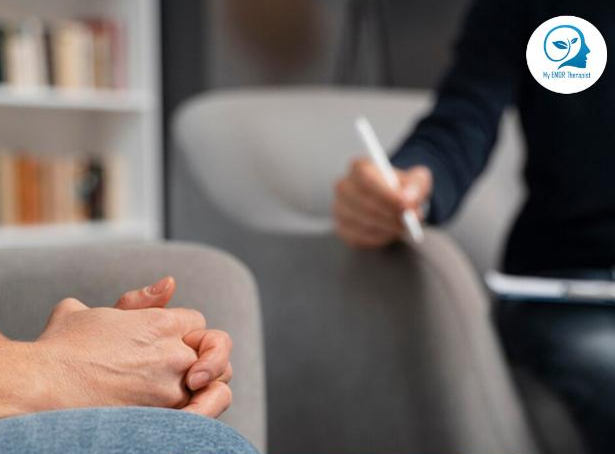Still Scrolling… But Feeling Worse?
- Dr. Stephanie Baron
- Apr 28, 2025
- 2 min read
Let’s be honest—social media is fun. It's where we connect with old friends, discover new trends, laugh at viral videos, and maybe even pick up a few life hacks. From perfectly curated vacation photos to hilarious reels, there’s always something new to scroll through. But behind the filtered images and fast-moving content, there’s a question many of us avoid asking: What is this actually doing to my mental health?
For all its entertainment value, social media can quietly take a toll on our well-being. The constant comparisons, the pressure to appear “okay” or “successful,” the endless barrage of news, opinions, and updates—it can all become too much. And often, without realizing it, we begin to feel anxious, inadequate, or even isolated.

The Scroll Trap
It starts innocently. You open your favorite app to check a message or watch a quick video, but 30 minutes later, you’re still there—feeling drained, distracted, and somehow... not enough. Studies have shown that excessive social media use is linked to higher levels of anxiety and depression, especially among younger users. Why? Because what we see online often doesn’t reflect real life—it reflects the highlight reel. And when we compare our behind-the-scenes to someone else’s best moments, it can distort our self-image and increase stress.
FOMO and the Comparison Game
Even when you’re doing well, social platforms can stir up the feeling that you're missing out. Someone else seems to be traveling more, making more money, looking happier, or achieving their goals faster. That sense of "FOMO" (fear of missing out) can creep in, leaving you feeling discouraged or like you’re falling behind.
And it doesn’t stop there. The pressure to keep up appearances online can lead to burnout. Constantly posting, engaging, or curating your life to look “perfect” takes a mental and emotional toll.
What Can You Do?
The good news is, you’re not powerless. You don’t have to cut off social media completely to protect your mental health—but you do need to create healthy boundaries. Here are a few habits that can help:
Take screen breaks: Schedule time away from your phone to reconnect with real life.
Mute or unfollow: If certain accounts trigger negative feelings, it’s okay to step back.
Set time limits: Use your phone’s built-in tools to manage how much time you spend online.
Be mindful of your feelings: If you feel anxious or low after using social media, take a moment to reflect on why.
Talk about it: Don’t keep your feelings bottled up. Sometimes just saying it out loud can bring clarity.
Most importantly—get real support. Talking to a licensed mental health professional can help you understand how social media is affecting your thoughts, emotions, and self-esteem. Therapists can provide tools to manage stress, build resilience, and set boundaries that serve your well-being. You don’t have to figure it all out alone.
Social media isn’t inherently bad—but how we use it, and how we let it influence us, matters. You deserve peace of mind, clarity, and confidence—and sometimes, the first step is just asking for help.




Comments